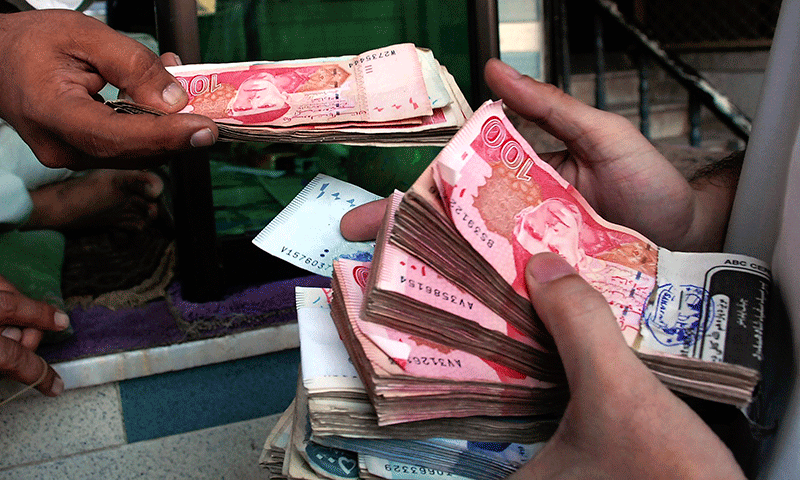Senator Salim Mandviwala recently chaired a crucial meeting of the Senate Standing Committee on Finance, where significant discussions took place regarding the Deposit Protection Corporation Amendment Bill 2024.
This bill introduces a notable increase in the deposit protection limit, reflecting a substantial shift in the financial safety net for bank account holders.
During the meeting, the Deputy Governor of the State Bank addressed the committee members, highlighting the key change in the deposit protection scheme.
The new amendment raises the protection limit for bank deposits from Rs250,000 to Rs500,000. This means that any money deposited in banks up to the amount of Rs500,000 will now receive legal protection.
This change is expected to provide enhanced security for individual depositors, ensuring that their savings are safeguarded against potential bank failures.
Previously, deposit protection was limited to Rs250,000, which meant that depositors with funds exceeding this amount were at risk of losing part of their money if their bank faced financial difficulties.
The increase to Rs500,000 represents a significant enhancement in deposit protection, aiming to better shield depositors and instill greater confidence in the banking system.
Deposit protection schemes are designed to manage the risks associated with the failure of individual banks.
Their primary objective is to mitigate the impact of a bank’s failure on its depositors and to prevent such failures from causing wider financial instability.
By providing a safety net for depositors, these schemes help reduce the likelihood that the collapse of one bank will lead to a ripple effect that could trigger a broader financial crisis or systemic problems within the banking sector.
The Amendment Bill 2024, therefore, plays a crucial role in strengthening the financial infrastructure by increasing the deposit protection threshold.
This legislative update is a response to evolving financial needs and aims to enhance the resilience of the banking system.
It reassures depositors that their funds are more secure than ever, even in the event of a bank’s failure. The move underscores a commitment to financial stability and depositor confidence in the face of unforeseen banking challenges.


